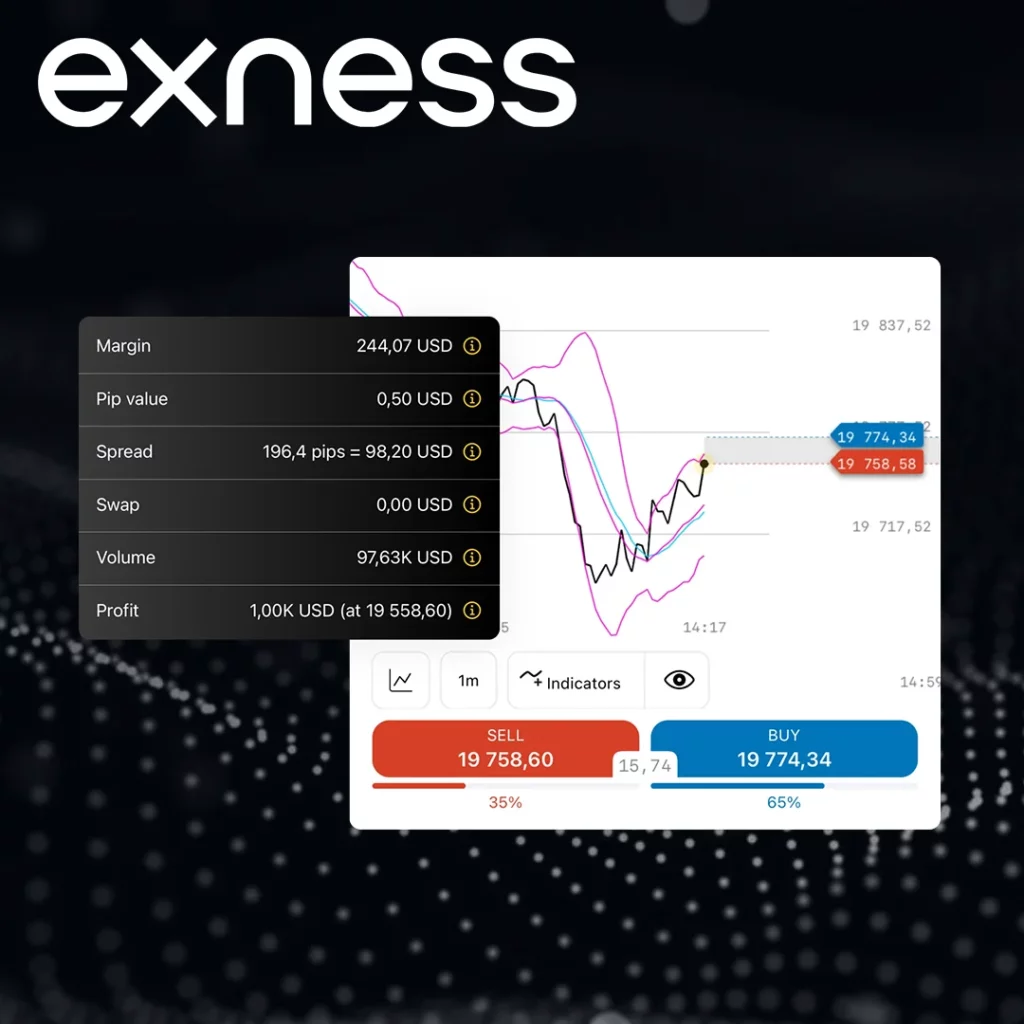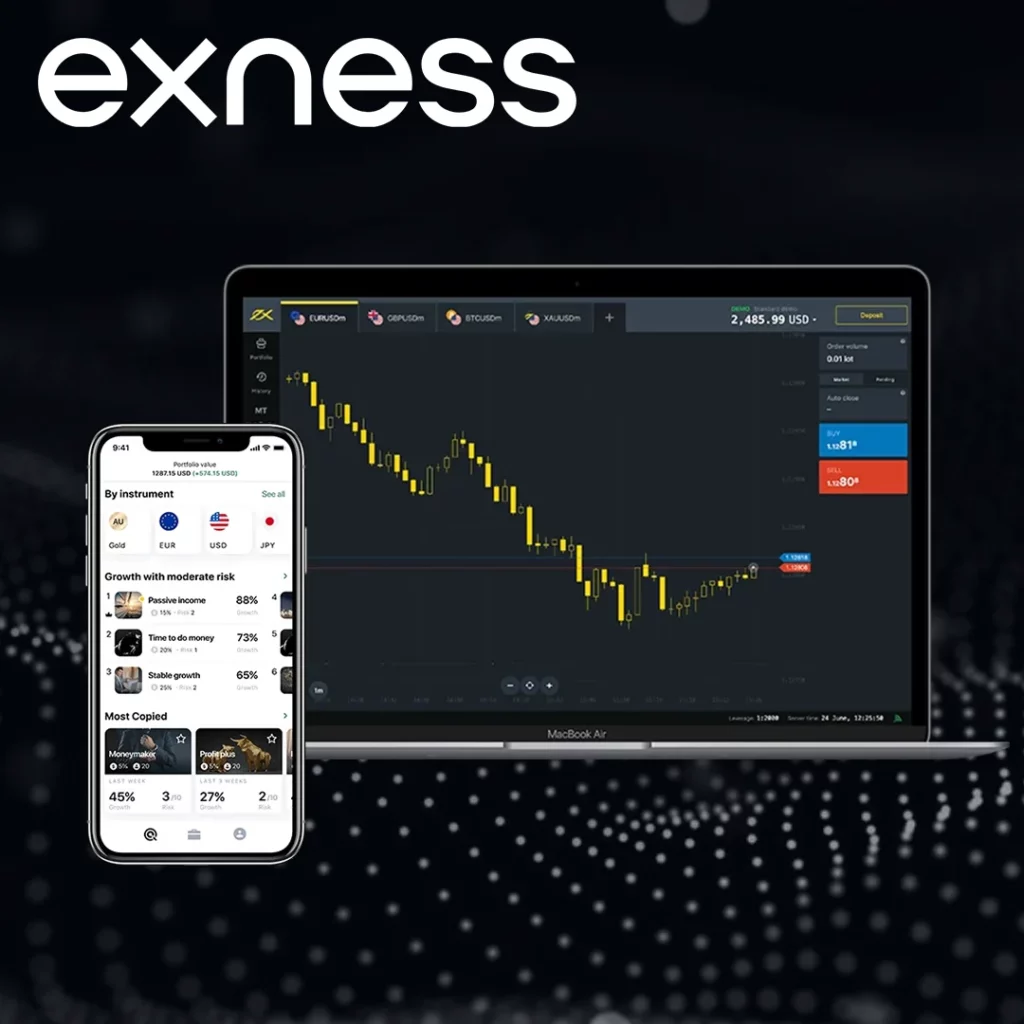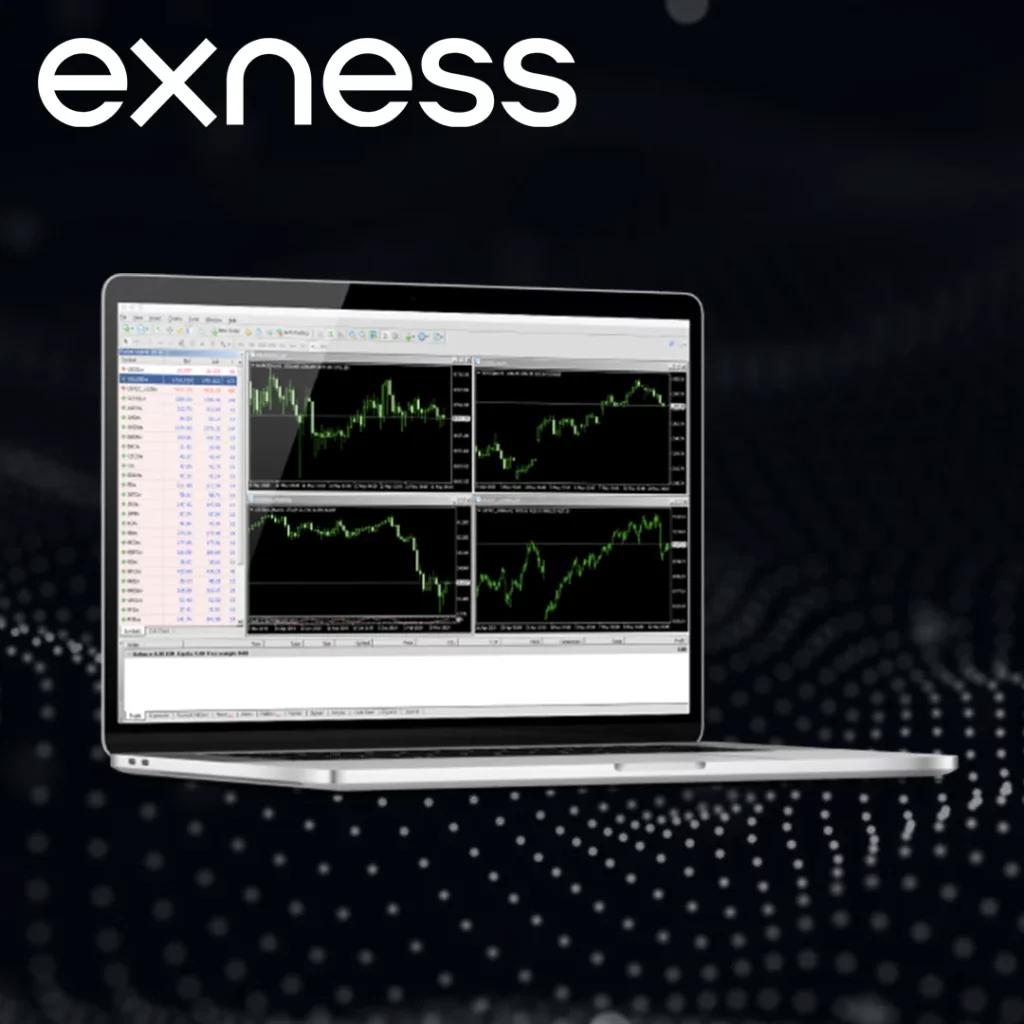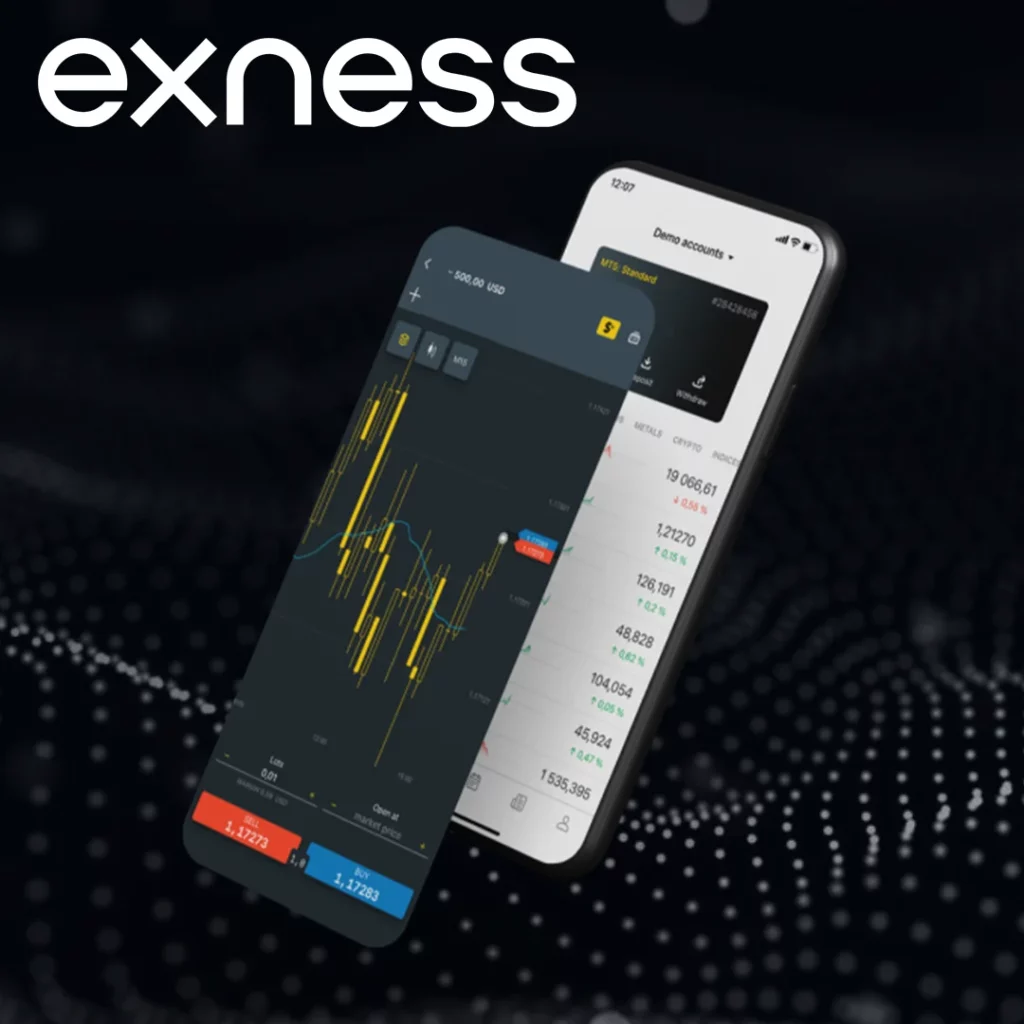The Exness Economic Calendar is more than just a simple tool — it is an essential asset for traders who want to stay ahead of market movements driven by economic events. It serves as a comprehensive roadmap, outlining the most important data releases, financial announcements, and market-shaping reports. For traders, particularly those in the forex, CFD, and commodity markets, this calendar is a valuable resource for making informed decisions, executing trades with precision, and managing risk effectively.
What is the Exness Economic Calendar?
At its simplest, the Exness Economic Calendar provides a detailed schedule of all the key events that can impact the financial markets. These events include government reports, economic statistics, central bank announcements, and geopolitical developments. Each of these events has the potential to influence currency pairs, commodities, stock indices, and even bonds.
The economic calendar can be thought of as a trader’s “weather forecast”—just as weather can determine whether you go out with an umbrella or not, economic data can dictate the mood of the market. This tool enables traders to anticipate price moves that are likely to be triggered by economic news.
Key features of the Exness economic calendar:
- Time Zone Adjustments: Automatically adjusts to your local time zone, ensuring you don’t miss important events.
- Event Categorization: Events are categorized by type—such as employment data, GDP reports, inflation figures, and interest rate decisions.
- Impact Level Indicators: Events are color-coded based on their expected impact on the markets (high, medium, or low), helping traders prioritize which events to focus on.

Why is the Economic Calendar Important for Traders?
Traders in the forex market or those who trade CFDs and commodities rely heavily on the Exness Economic Calendar because it allows them to anticipate potential market-moving events. Each economic release can trigger substantial price movements. Understanding these events is essential to making strategic trading decisions.
How events affect markets:
- Interest Rate Changes: A central bank’s decision to alter interest rates can have a dramatic impact on currency prices. If the US Federal Reserve raises interest rates, the US Dollar typically appreciates, while lower rates can lead to depreciation.
- Inflation Data: High inflation can weaken a currency if central banks are expected to raise rates. Conversely, low inflation might signal economic stagnation, which could weaken the local currency.
- Employment Data: Employment reports, such as the Non-Farm Payrolls (NFP) report in the US, provide insights into the health of the economy. A stronger-than-expected report can lead to bullish price action, while weak employment numbers may prompt a downturn.
How to Navigate the Exness Economic Calendar

The Exness Economic Calendar is built with ease of use in mind, providing traders with the ability to filter and focus on the most important events for their trading strategy. Let’s break down the key components of the calendar to understand how to make the most of it:
Filters and Customization
The calendar allows traders to filter events by region, event type, and impact level. For example, you can choose to see only high-impact events in the US or events related to GDP reports. This customization allows traders to focus on the economic data most relevant to their strategy.
- Region: Select specific regions to focus on, such as the US, Eurozone, or Japan.
- Event Type: Narrow down your view to specific types of events like monetary policy decisions, employment reports, or consumer confidence data.
- Impact Level: Customize which events you want to see based on their expected market impact—low, medium, or high.
Time Zone Support
The Exness Economic Calendar automatically adjusts to your local time zone, so there’s no need to convert times manually. This ensures that you are aware of upcoming events at the right time, whether you’re trading from Europe, North America, or Asia.
Event Details and Impact Predictions
Each economic event listed in the calendar comes with detailed information, including the forecast for the upcoming data release, the previous report, and any historical trends. Moreover, each event is accompanied by an expected level of market impact. High-impact events are typically highlighted in red, signaling major potential volatility in the market.
Alerts and Notifications
The Exness Economic Calendar allows traders to set up alerts for specific events. This feature ensures you won’t miss an important release or announcement. Alerts can be set up to notify you before an event, during the event, or after it occurs.
Key Economic Events to Monitor
Several economic events have the power to significantly influence the financial markets. Traders should closely track the following reports and announcements:
Interest Rate Decisions
Central banks around the world periodically adjust interest rates as part of their monetary policy. These decisions are some of the most important market-moving events because they affect inflation and economic growth prospects.
Major Central Banks to watch:
- Federal Reserve (US): The US Federal Reserve sets the benchmark interest rate, which has a significant impact on the US Dollar.
- European Central Bank (ECB): The ECB’s decisions affect the Euro, with rate hikes typically leading to a stronger currency.
- Bank of England (BoE): BoE’s decisions impact the British Pound.
- Bank of Japan (BoJ): The BoJ’s actions affect the Japanese Yen.

GDP Reports
Gross Domestic Product (GDP) reports measure the economic output of a country. Strong GDP growth often leads to a stronger currency, while contraction in GDP can indicate economic weakness, which might negatively affect the currency.
Non-Farm Payrolls (NFP)
Released monthly by the US Labor Department, the NFP report provides a snapshot of job creation in the US economy. Strong NFP results tend to boost investor confidence and the US Dollar, while weak results can have the opposite effect.
Inflation Reports (CPI/PPI)
Inflation data, such as the Consumer Price Index (CPI) and Producer Price Index (PPI), provide insight into price increases in the economy. Inflation is a key factor that central banks monitor when setting interest rates. High inflation often leads to higher rates, while lower inflation may prompt rate cuts.
Retail Sales and Consumer Confidence
Consumer spending drives economic growth. Strong retail sales and high consumer confidence typically indicate a robust economy. Conversely, weak consumer spending can signal economic weakness, which may lead to a decline in a country’s currency value.
Geopolitical Events
While not strictly economic events, geopolitical situations—such as elections, international conflicts, or trade negotiations—can have an outsized impact on financial markets. For example, elections in the US or Brexit developments can create market volatility.
How to Use the Exness Economic Calendar for Trading
To make the most of the Exness Economic Calendar, traders must integrate it into their broader strategy. Here are a few ways to use the calendar effectively:

1. Plan Trades Around High-Impact Events
By knowing when high-impact economic events are coming, traders can plan their trades accordingly. Some traders might choose to sit out of the market before an important event to avoid unpredictable volatility. Others might look for opportunities to enter positions based on the expected outcomes of the data release.
2. Manage Risk During Volatility
Economic events can cause sudden price swings. To mitigate risk, traders should adjust their stop-loss levels, use smaller position sizes, or avoid trading altogether during particularly volatile periods.
3. Take Advantage of Market Trends
Once an economic event has been released, markets may trend strongly in a particular direction. Traders can use the calendar’s event predictions to anticipate these trends and position themselves for long-term gains.
Risk Management Tips for Trading Around Economic Events
| Tip | Description |
| Adjust Stop-Loss Orders | Before a major economic event, many traders move their stop-loss orders to protect against sharp price moves. Setting stop-loss orders just outside key levels can help prevent large losses if the market moves unexpectedly. |
| Use Lower Leverage | In volatile conditions, high leverage can amplify losses. It is advisable to reduce leverage or trade smaller positions during periods of heightened volatility surrounding economic events. |
| Wait for the Dust to Settle | After a high-impact news release, prices may move erratically before finding a clear direction. Waiting for the market to calm down and settle into a trend can help reduce the risk of being caught in false breakouts or price reversals. |
Conclusion
The Exness Economic Calendar is an indispensable tool for any trader looking to stay ahead of the curve in today’s fast-moving markets. By providing timely and accurate information about upcoming economic events, it helps traders prepare for potential market movements, manage risk, and improve the overall quality of their trades. Whether you are trading forex, commodities, or stocks, understanding the economic calendar and using it effectively is key to staying competitive and making informed decisions. By combining knowledge of economic events with a robust trading strategy, traders can maximize their chances of success in the ever-changing financial markets.

Trade with a trusted broker Exness today
See for yourself why Exness is the broker of choice for over 800,000 traders and 64,000 partners.
FAQs
What is the Exness Economic Calendar?
The Exness Economic Calendar is a tool that shows upcoming economic events that may impact the financial markets. It helps traders plan and adjust their strategies.



